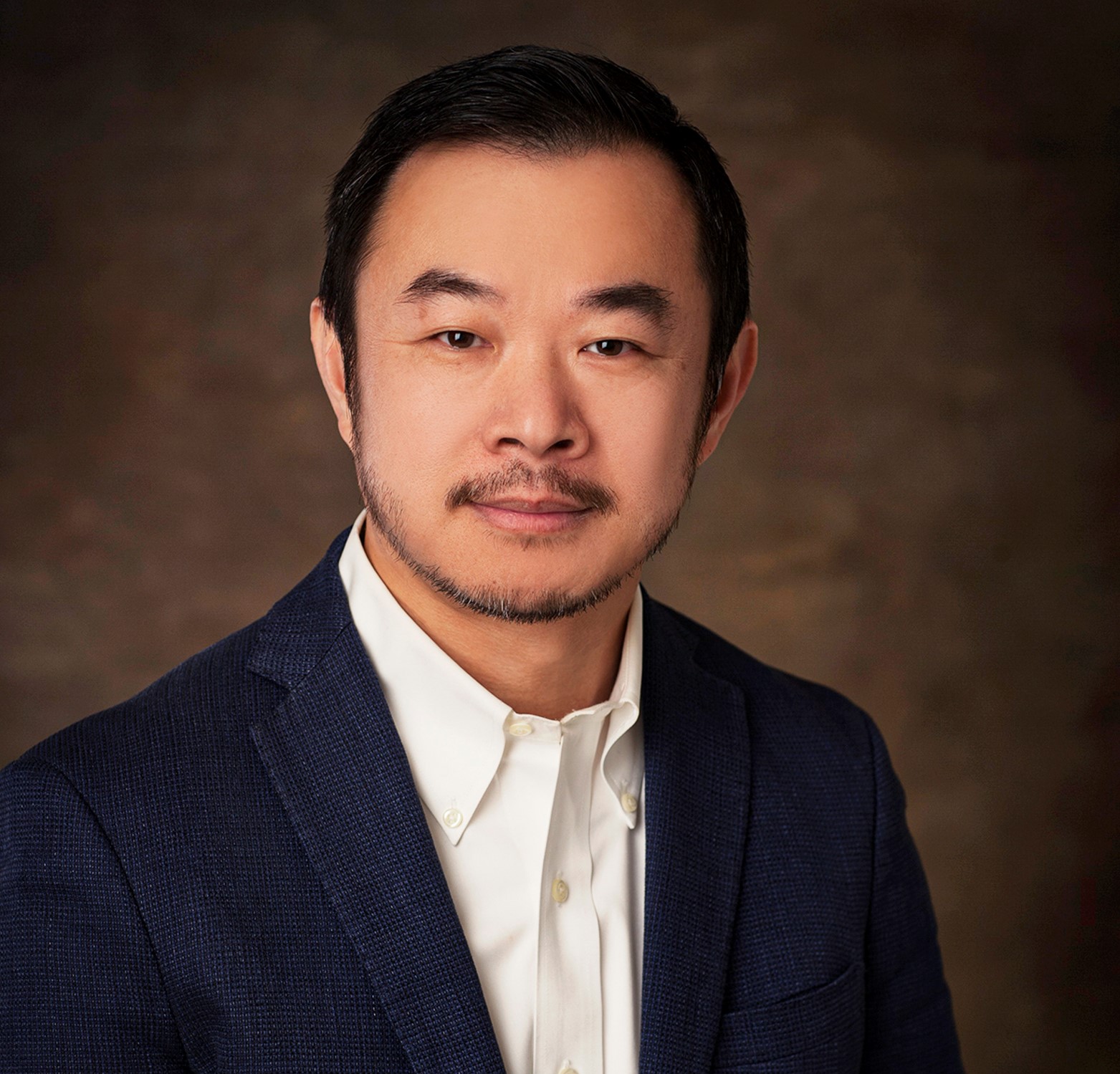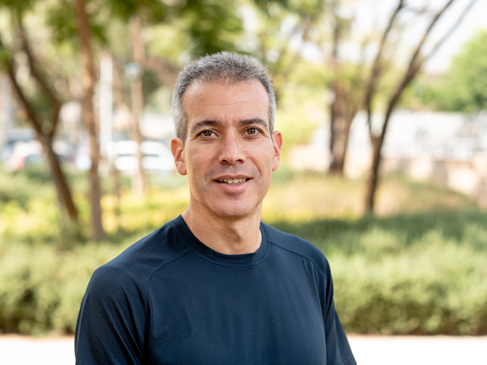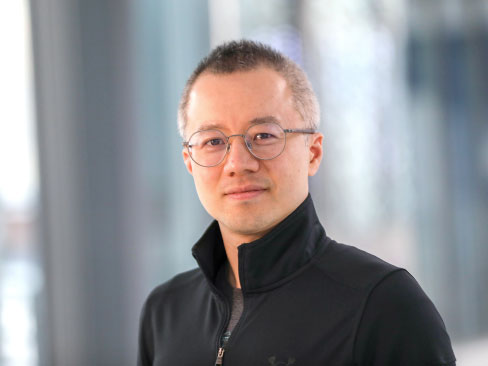Institute of Digital Public Health
Message from the President
MBZUAI is at the forefront of AI innovation and seeks to drive the UAE’s vision for
AI
leadership on the global stage. The Institute for Digital Public Health (IDPH) allows another
pathway to transformative AI advancements and solidifying UAE’s leadership in Generative AI.
Public
health today is siloed, and therefore rigid. The future of successful public health requires a
holistic, organic approach which will ultimately be cost effective. The future of medicine is
data
science. Pan-Omic BioMed data, AI foundation models and super computing are already disrupting
siloes
and enabling a new understanding of the practice of public health.
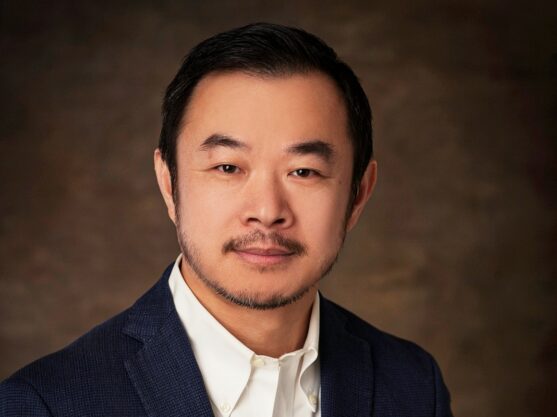
Professor Eric Xing
MBZUAI President
Why Digital Public Health
The classic approach to public health has been experience
driven, rigidly specialized, siloed and narrowly focused with a one size fits all homogeneity
mindset.
AI provides the opportunity to work beyond a certain slice of a spectrum, but the entire spectrum
all at once.
The future of public health will be granular data-driven, panoramic and holistic connecting
patients, diseases, and caregivers allowing for a personalized and repurposeable model leading to
fast and cost-effective care. With a GPT4-like foundation model technique, for example, a wide span
of public health needs from public safety vaccines to personalized treatment to clinical diagnosis to drug
design enables a seamless link of pandemic institutes, government bureaus of public health,
hospitals and departments of cell biology, molecular biology and biochemistry.
Why MBZUAI
MBZUAI has a holistic capability of AI not found
elsewhere.
The application of AI in public health currently exists through some academic programs with yet no
dedicated schools or college for AI for healthcare. We are a university dedicated solely to the
topic
of AI with comprehensive departments in Machine Learning, Computer Vision, Natural Language
Processing,
Computer Science, Robotics, Human-Computer Interaction, Statistics with world class faculty. Our
approach
to AI in healthcare is to have shared foundation of data + AI, a shared super-computing
infrastructure,
multi-task and multi-view BioGPTs while leveraging Abu Dhabi’s unique academic and business
environment.
MBZUAI has built momentum with 20+ ongoing or upcoming health-related research projects with
partners
including Weizmann Institute of Science, the Crown Prince Court, BioMap, Aspire, Abu Dhabi Health
Service Co. and Sheikh Shakhbout Medical City (SSMC).
Focus Areas
Computational Biology
Conduct comprehensive analysis of molecular data to
understand disease and drug mechanisms
Comprehensive identification and profiling of genetic features
Mapping human phenotypes to specific genes for understanding genetic influences
Precision and Personalized Medicine
Conduct comprehensive analysis of clinical data to support personalize health management and enable precision medicine
A national-scale citizen health management platform to integrate data and develop big-data models
Infectious Diseases and Pandemics
Alert, monitor, and control the impact of infectious
diseases and pandemics
Alert, monitor, and control the impact of pandemics through tracking, monitoring, and modeling
Featured Faculty
Learn How MBZUAI Impacts Healthcare
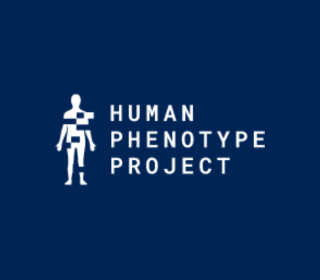
MBZUAI works with HPP to identify specific genotypes in the UAE
The Human Phenotype Project is a large-scale deep-phenotype
prospective longitudinal cohort and biobank aimed at identifying novel molecular markers
with diagnostic, prognostic, and therapeutic value, and at developing prediction models for
disease onset and progression.

GET: A Foundation Model for Genome
GET is a foundation model for transcriptional regulation that
accurately predicts gene expression in diverse human cell types, adapts to different
conditions and sequencing platforms, and identifies regulatory elements and interactions,
making it a valuable tool for gene regulation analysis.
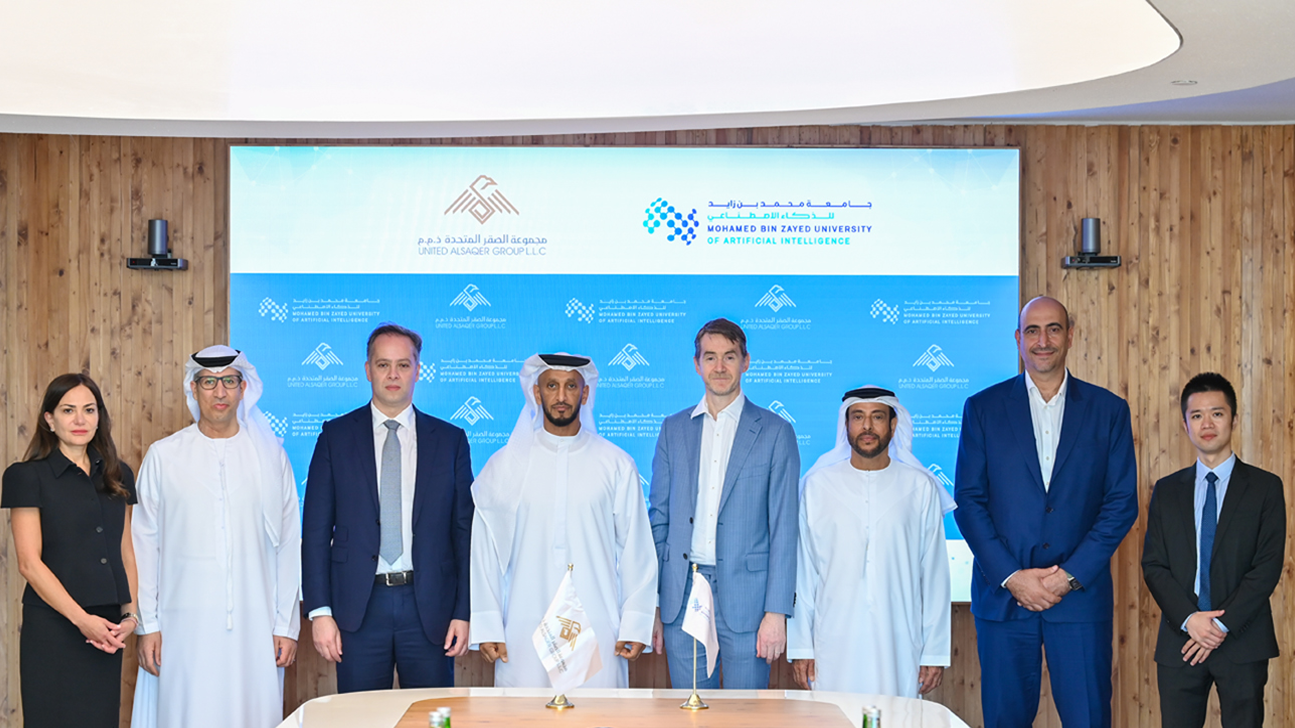
MBZUAI and United Al-Saqer Group sign research agreement to advance AI in healthcare
UAE business group will fund AI research projects at MBZUAI to
advance
education, knowledge, and innovation in digital health under the name of H.E. Sheikh Mohamed
bin
Butti
Al Hamed.
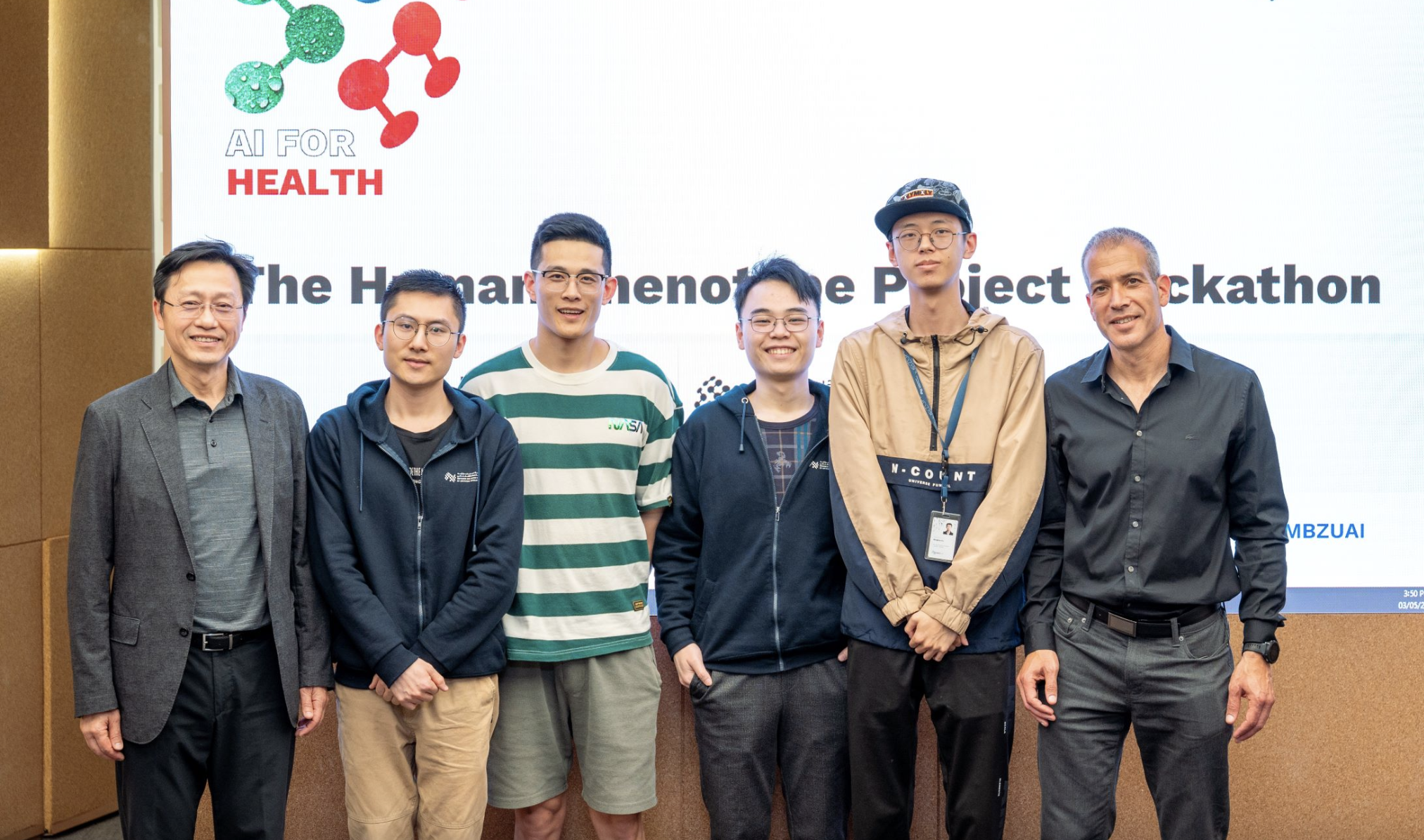
Inaugural hackathon explores AI healthcare
solutions
Mohamed bin Zayed University of Artificial Intelligence (MBZUAI)
and the
Weizmann Institute of Science (WIS) hosted the first-ever Human Phenotype Project Hackathon
in Abu
Dhabi. The event brought together 24 postgraduate students and researchers from diverse
backgrounds
to
tackle some of the most pressing challenges in healthcare.

UAE’s MBZUAI advances global healthcare with
new AI
research, partnerships, and collaborations
From personalized digital therapeutics to personalized medicines,
Abu Dhabi
is
unleashing the potential of AI for good.

Yaqub finds the “magic” of AI in healthcare
Wanting to help people is the reason Dr. Mohammad Yaqub journeyed
into
artificial intelligence and healthcare, and his passion for helping doctors with advanced
diagnostic
tools is inspiring the next generation of AI students.
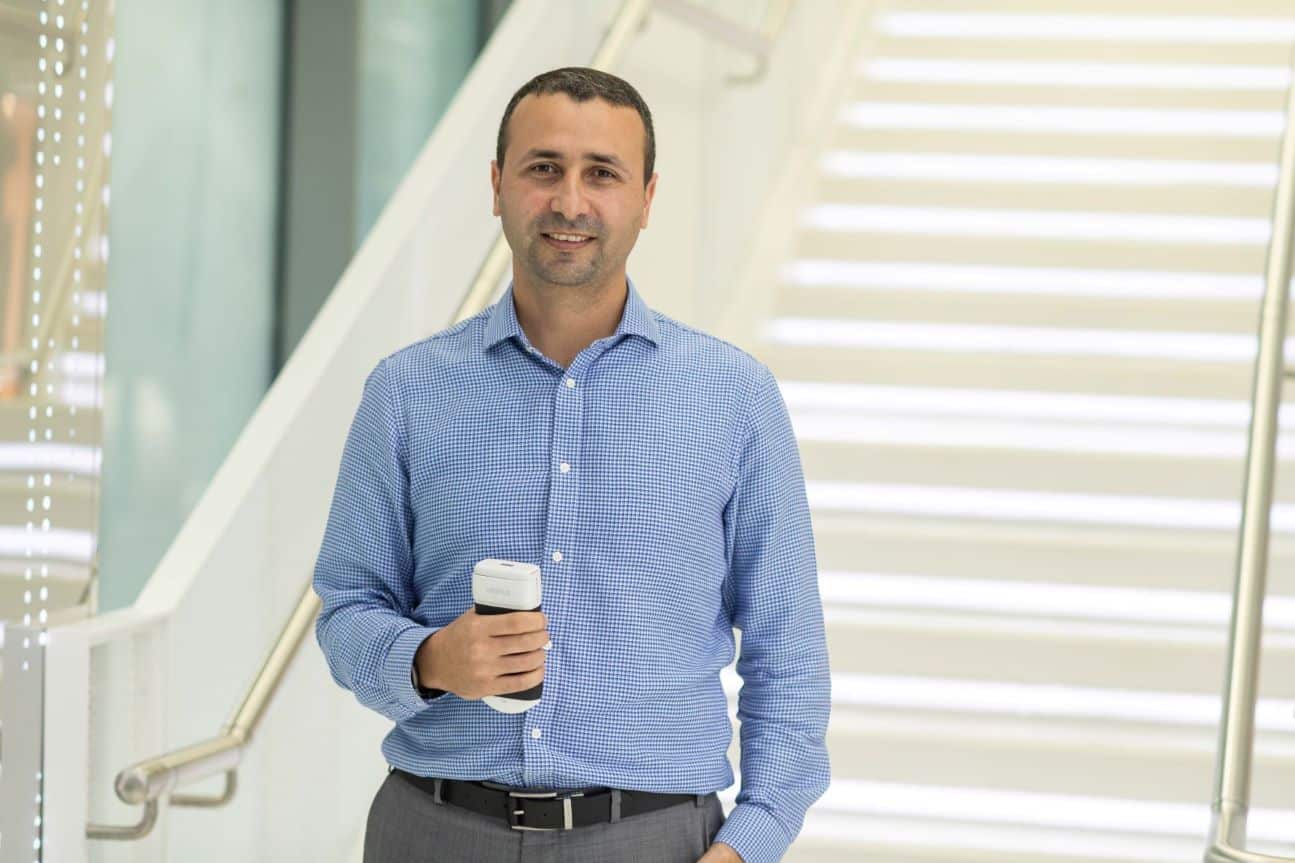
PoCUS and accessible AI healthcare solutions
Artificial intelligence can transform the tiniest of objects—such
as
point-of-care ultrasound (PoCUS)—into lifesaving equipment, which can be used in the world’s
most
remote
areas. At MBZUAI, researchers are working on several projects that will one day provide
real-world
benefits to millions of people.
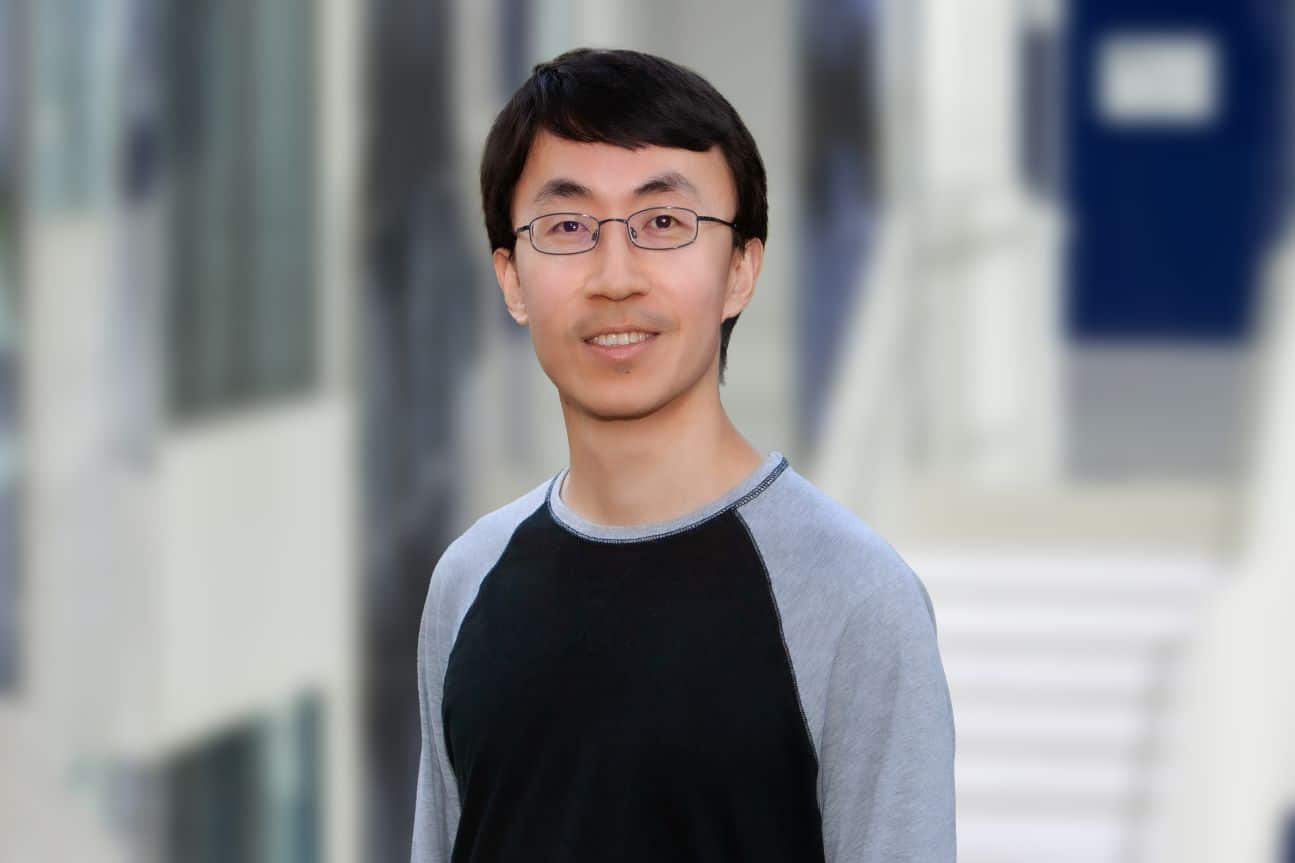
Xie brings healthcare and machine learning
focus to
MBZUAI
MBZUAI welcomes Dr. Pengtao Xie as he joins the faculty as an
assistant
professor in machine learning. Xie comes to the university to teach and conduct research
with a
particular interest in healthcare and machine learning inspired by human learning skills.
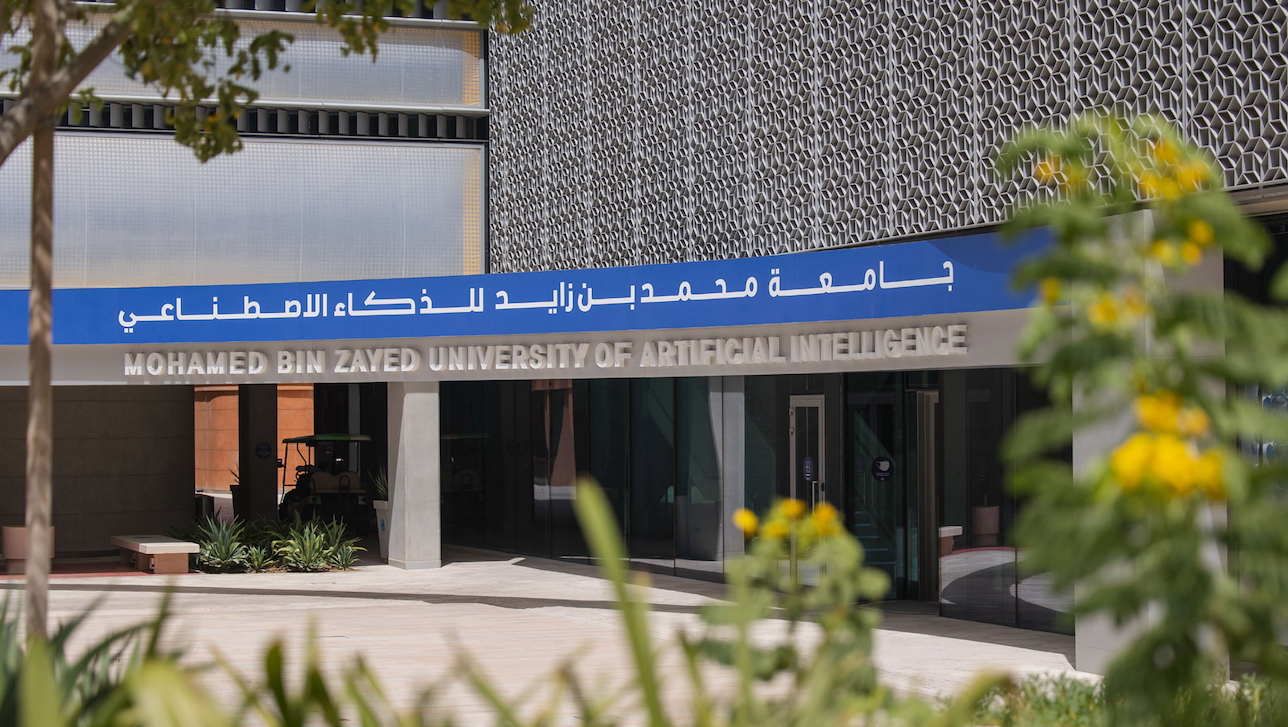
Five ways that AI is breaking barriers and
boosting
access
to healthcare
Artificial intelligence (AI) could play a key role in extending
health
services
to underserved and vulnerable communities, by revolutionizing prevention and diagnosis, and
helping
develop bespoke medicines while expanding access to care.
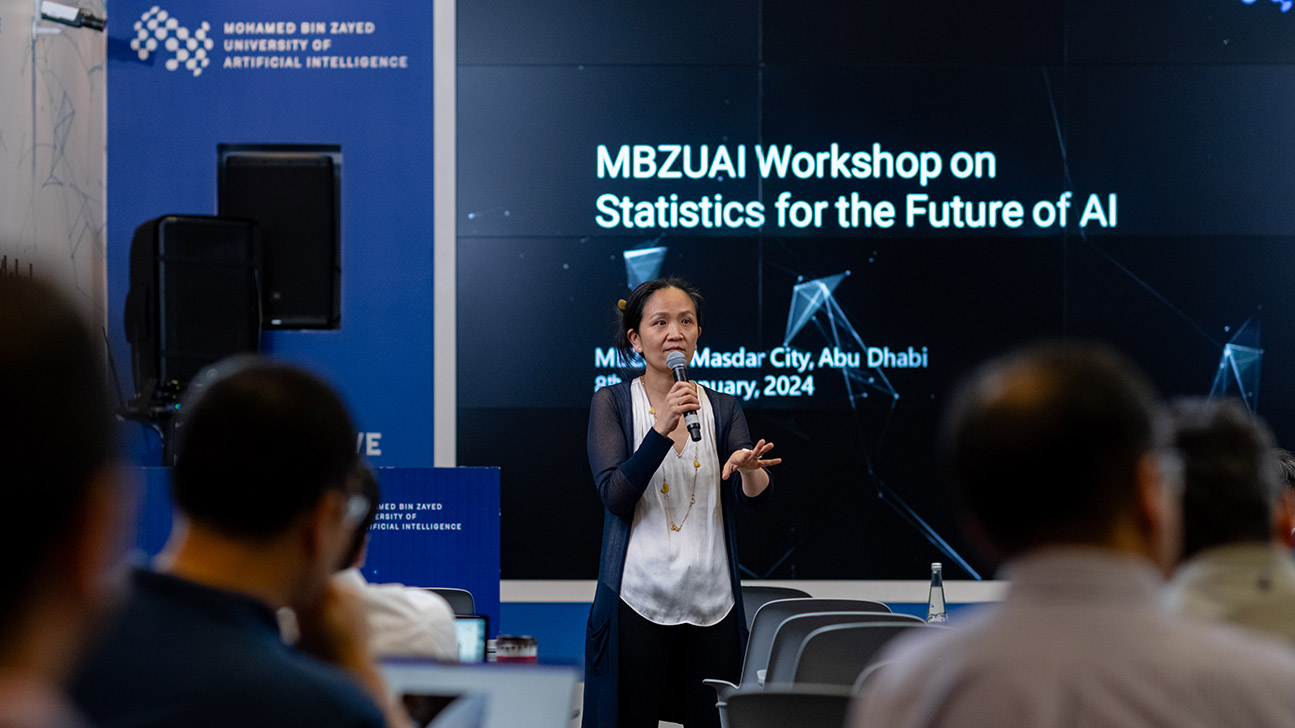
Data diagnostics: AI and statistics in
computational
biology and smart health
Heping Zhang is Susan Dwight Bliss professor of biostatistics,
professor in
the
child study center and professor of statistics and data science, and professor of
obstetrics,
gynecology
and reproductive sciences at Yale University. He is also an affiliated faculty of the Yale
Institute
for
Global Health.
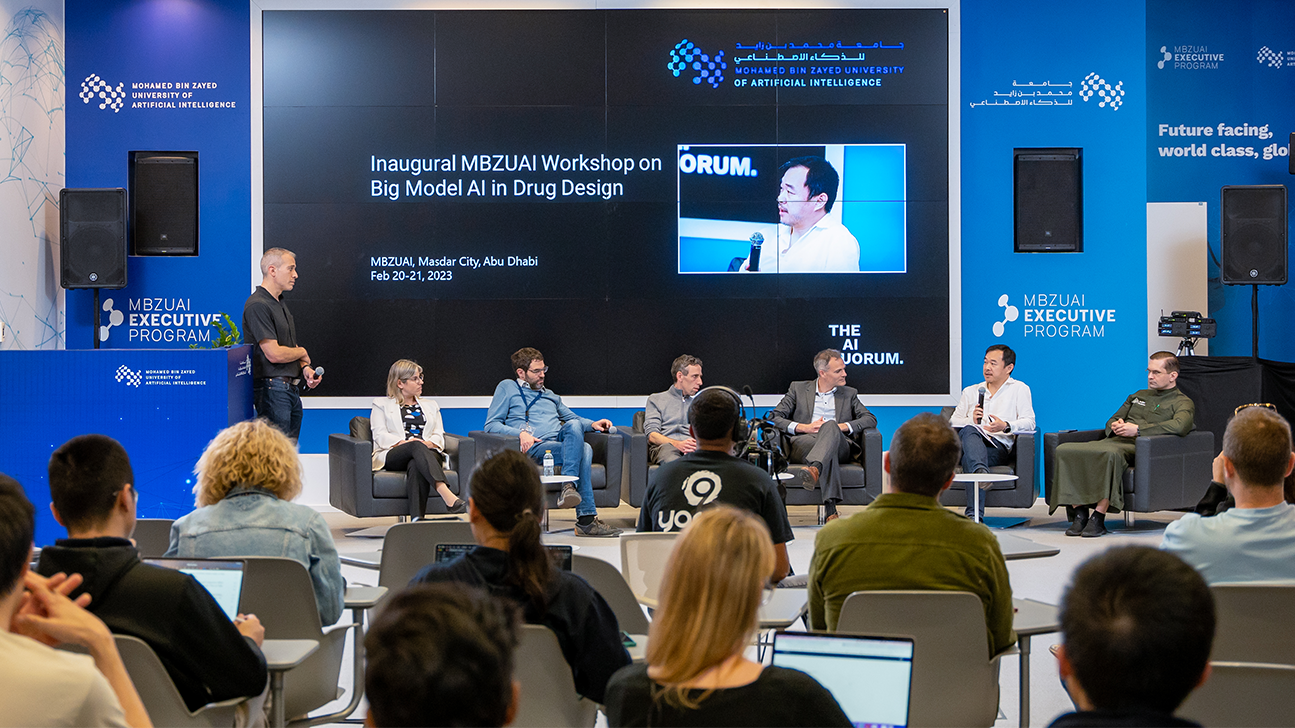
Big-model AI in drug design
The degree to which AI is profoundly transforming health and
medicine might
not be immediately apparent, even for close observers of artificial intelligence research.
In the
near term, interactions with medical staff are still largely analog, for example; but it is
becoming
quite clear, among people for whom the intersection of AI and human health is a passion,
that all
aspects of health and medicine are poised for change.

A new model for drug development
On average, it costs nearly $1 billion and takes almost 10 years to
bring a
new medicine to market. MBZUAI Department Chair and Professor of Machine Learning Le Song is
aiming
to reduce both of these significantly using a powerful, AI-driven simulation.
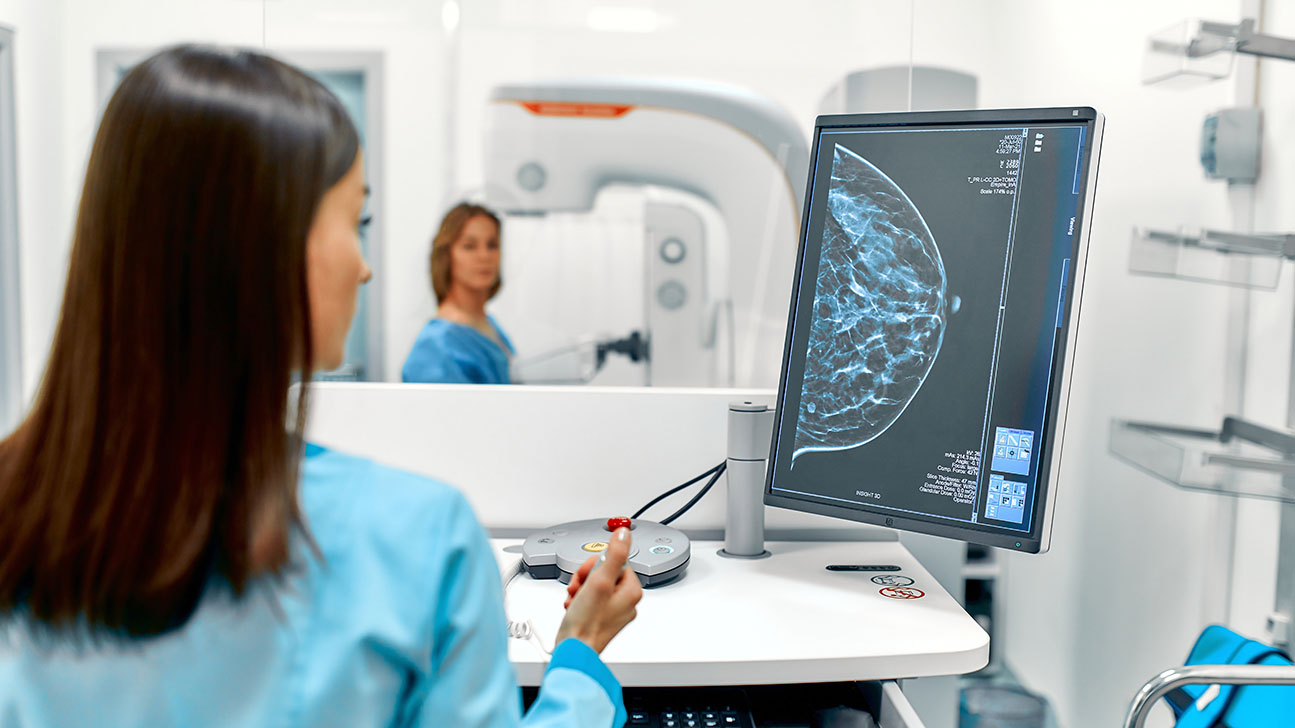
AI-aided cancer diagnostics in the era of
precision
medicine
The success of many types of cancer treatments hinges on factors
including
the patients’ age, general health, and, of course, how early the cancer is detected. The
speed and
accuracy of diagnosis is the main factor that healthcare providers have influence over, but
all too
often, patients and healthcare providers around the world are challenged by a shortage of
experienced pathologists and radiologists.

Causality’s role in drug development and
precision
medicine
In our daily lives, we create hypotheses about cause and effect
seemingly
without much thought or effort. If I don’t prepare for the meeting, my boss will be mad. If
I put
petrol in the car, I’ll be able to get home.
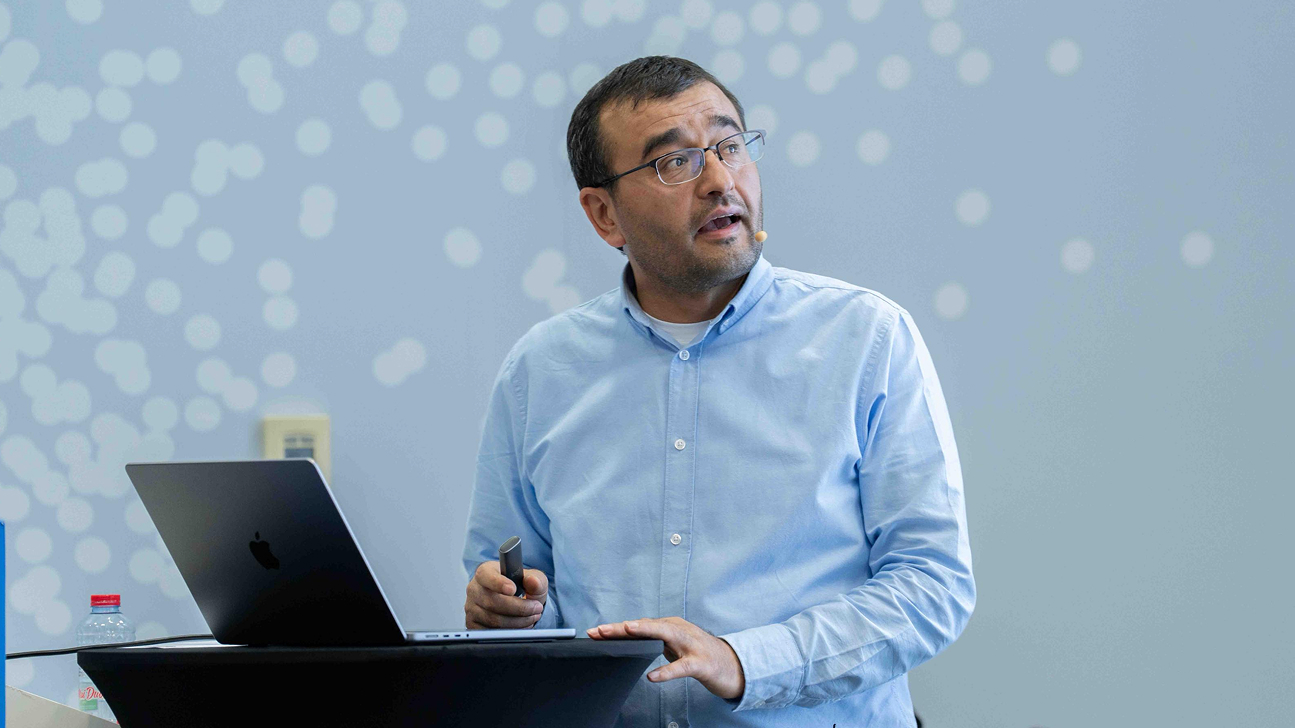
Building genomics research skills with Data Carpentry
MBZUAI’s Computational Biology department hosted the UAE’s first Data Carpentry workshop to enhance genomics research skills.
